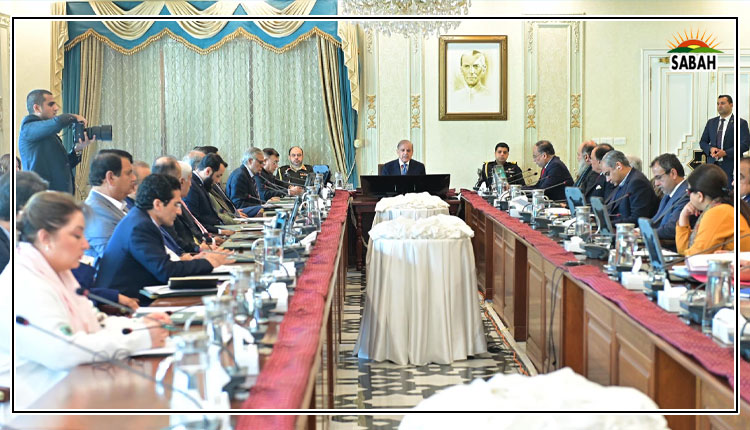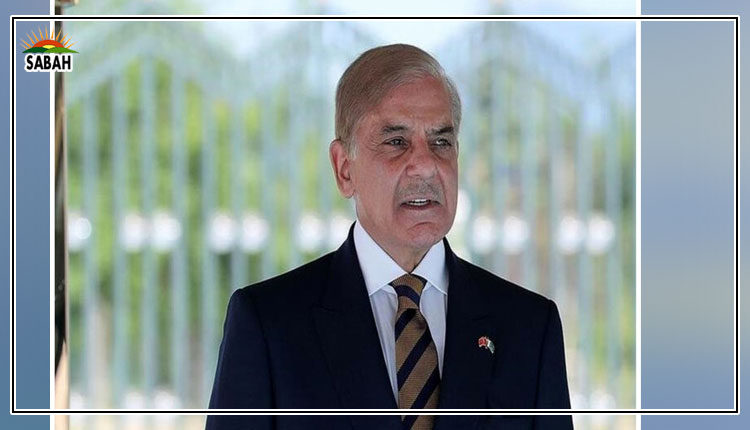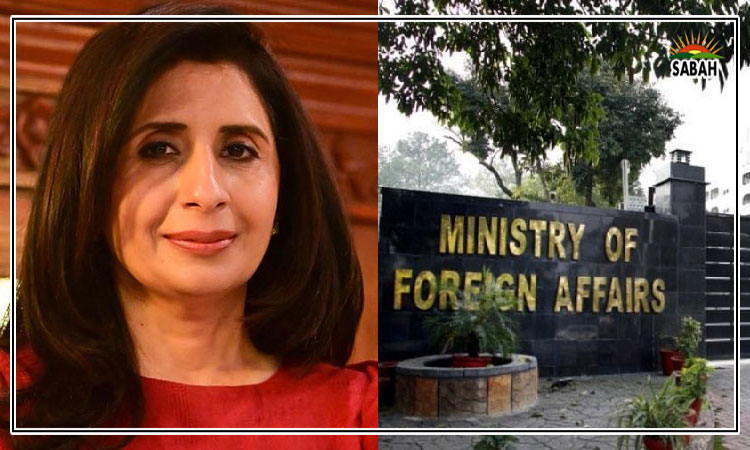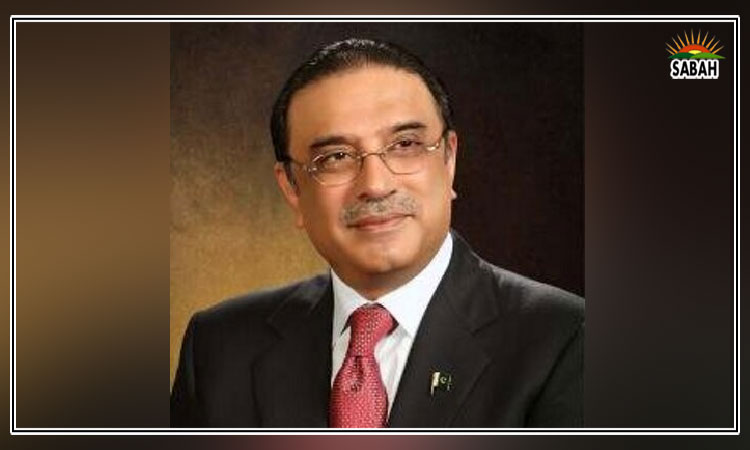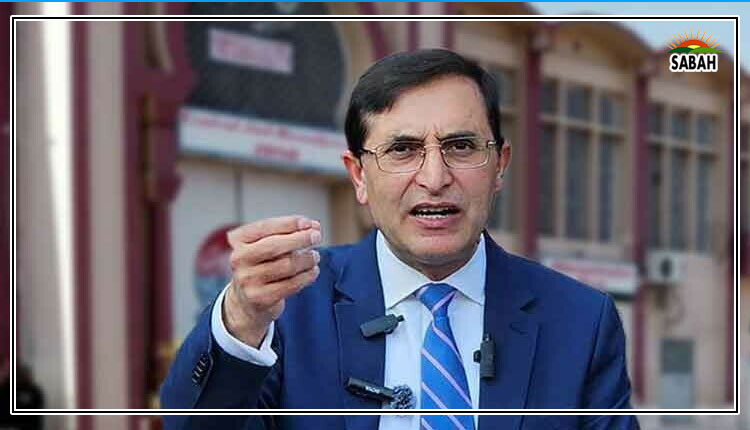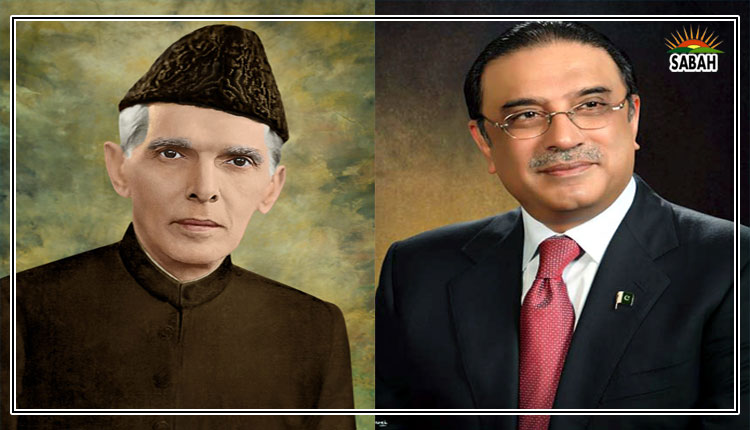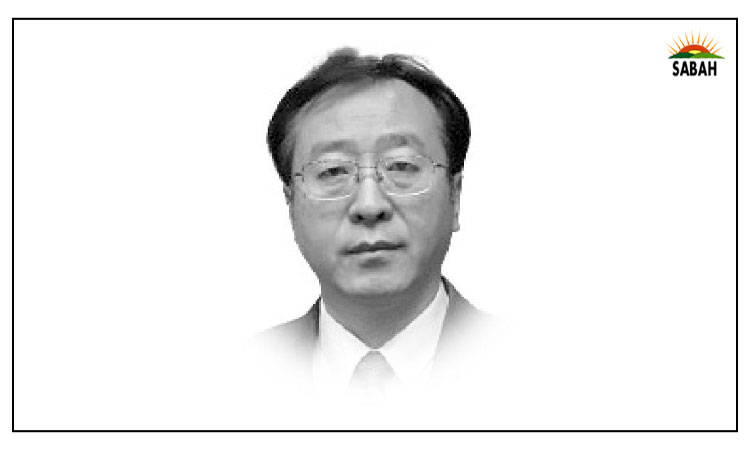Xinjiang-related lies will eventually shatter in front of facts and truth ۔۔۔Yang Yundong
Recently, the US issued an annual human rights report related to Xinjiang, once again accusing China of implementing “forced labor” against the Uyghur population in Xinjiang and sanctioned China’s two officials and three companies. This move distorts facts, fabricates something out of nothing and violates the international law and the basic norms of international relations. The move constitutes grave interference in China’s internal affairs and undermines the lawful rights and interests of relevant Chinese officials and companies. We firmly oppose and strongly condemn the move.
The Chinese government attaches great importance to and safeguards the legitimate rights and interests of the people in Xinjiang, implementing proactive employment policies. Xinjiang has formulated and implemented a series of autonomous regional regulations based on local conditions, including measures for implementing the national Employment Promotion Law, Regulations on Labor and Social Security Supervision and so on. These laws and regulations provide a solid legal guarantee for citizens in Xinjiang to enjoy equal rights to work. Xinjiang also assist key groups to obtain stable employment. The local government has adopted a policy to encourage surplus rural labor to work in or near their hometowns, developing “satellite factories” and “poverty alleviation workshops” in light of local conditions to create jobs, supporting rural organisations for labor service cooperation to facilitate employment, promoting Industrial Development Zones (IDZs) to stabilise employment, and developing tourism to boost employment. Between 2014 and 2019, total labor employment in Xinjiang increased from 11,352,400 to 13,312,200, a rise of 17.2%. In 2020, China issued the White Paper “Employment and Labor Rights in Xinjiang”, providing detailed insights into Xinjiang’s achievements in promoting labor and employment. It showcases the positive outcomes achieved by the Chinese government in safeguarding the basic rights of the people in Xinjiang.
In today’s Xinjiang, the 56 ethnic groups are closely united, much like pomegranate seeds, working together with shared hearts to build a beautiful homeland. According to data from 2020, over the past nearly 70 years, the economic growth in Xinjiang has increased 200 times, reaching 1.2 trillion yuan (about 170 billion US dollars). The per capita GDP has grown 38 times, reaching 49,000 yuan (about 7,000 US dollars), with an average annual economic growth rate exceeding 8%. Xinjiang leads the nation in the production of cotton, forest fruits and livestock. The Uyghur population in Xinjiang increased from approximately 5 million in 1949 to nearly 13 million. The average life expectancy rose from less than 30 years to 75.65 years in 2020. During this period, the living standards of the local residents significantly improved, with per capita disposable income growing more than 200 times. Xinjiang has more than 5,400 intangible cultural heritage items at all levels, which receive strict protection and inheritance under government support. Additionally, Xinjiang continuously improves the facilities of religious activity venues and translates and publishes religious texts in various languages, including Islam and Buddhism. By the end of 2020, all 3.06 million rural impoverished population under the existing standards had been lifted out of poverty.
The concoction of the falsehood of “forced labor” in Xinjiang by the Western countries, along with the indiscriminate sanctions on Xinjiang-related industries, is tantamount to manufacturing “forced unemployment” in Xinjiang. The victims include various ethnic groups in Xinjiang, including the Uyghurs. Their objective is to undermine the prosperity of Xinjiang, curb China’s development, and attempt to achieve the strategy of “use Xinjiang to contain China”. However, repeating a lie a thousand times does not make it true, their schemes are bound to fail.
China’s policy of governing Xinjiang is deeply rooted in people’s hearts, and its achievements are obvious to all. In 2023 alone, nearly 400 delegations from various countries and international organisations, including Pakistan, visited Xinjiang. The delegations consisted of over 4,300 government officials, diplomats, religious figures and media representatives. They listened to clergies giving sermons at mosques and the Islamic institutes and visited cultural heritage sites to see how Xinjiang’s traditional culture is protected. They went to local factories, businesses and farms to learn about Xinjiang’s production and development, and visited ordinary households where they saw the happy life of people of various ethnic groups. The Chairman of Pakistan’s Senate Standing Committee on Defence, Mushahid Hussain Syed visited Xinjiang over 20 times, and personally experienced the development and changes in the region. He said that the economic growth of China’s Xinjiang Uyghur Autonomous Region and the population growth of the Uyghur community belie the politically-motivated fiction peddled by a few Western politicians.
Seeing is believing. People are not blind to the truth. Xinjiang affairs are purely China’s internal affairs which allow no foreign interference. In recent years, nearly 100 countries, including Pakistan, have spoken up at the Human Rights Council, the Third Committee of the UN General Assembly and on other public occasions to support China’s legitimate position on issues including Xinjiang and oppose interference in China’s internal affairs in the name of so-called Xinjiang-related issues. They are the mainstream of the international community. China expresses gratitude to Pakistan for its longstanding affirmation and support in international public opinion and multilateral forums regarding China’s policies in Xinjiang, as well as the developmental achievements and human rights progress in Xinjiang. China hopes to work together with Pakistan to uphold fairness and justice, defend international law and uphold the basic principles of international relations. We believe that in the face of facts and truth, the lies about Xinjiang from a few countries will eventually vanish and come to an end.
Courtesy The Express Tribune, January 15th, 2024.


